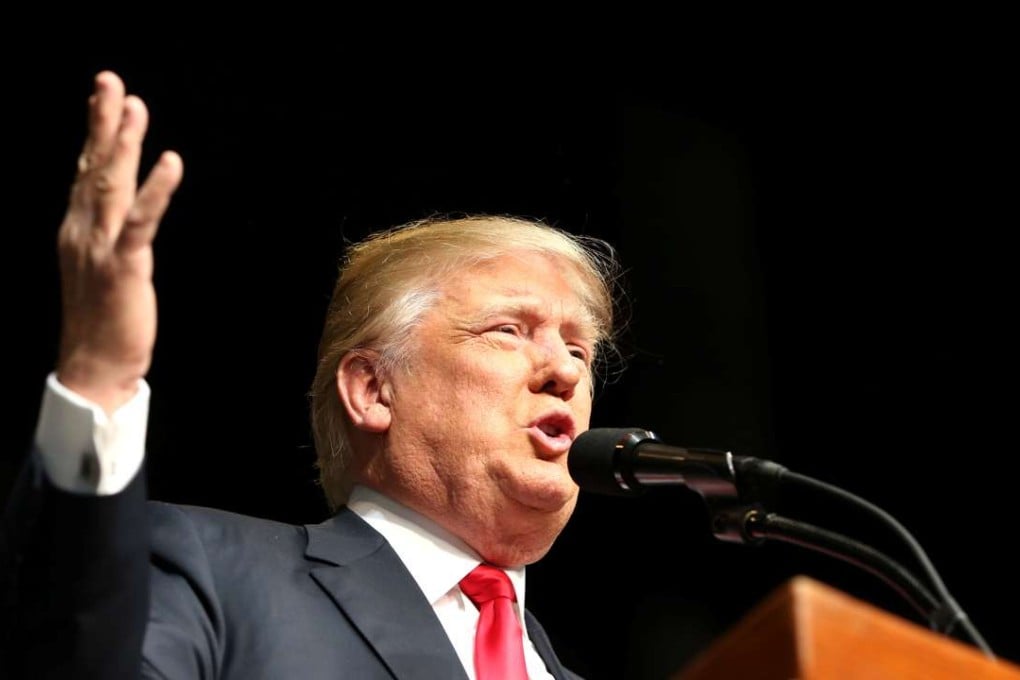Macroscope | Lehman redux: Why Trump could light the fuse as global debt time bomb ticks away

There is an ominous sense of déjà vu about the world right now which is reminiscent of a global economy out of control and heading into a new disaster. Global growth is running out of steam, world debt exposure has reached crisis proportions, while over-leveraged financial markets are looking extremely overstretched. A single major credit event like 2008’s Lehman’s collapse would be enough to tip the world back into deep catastrophe.
Next time, there might be no easy way back. Policymakers are running out of options on how to deal with any new crisis. Global interest rates are already down at rock bottom levels, the world is awash with synthetic money created by the central banks’ super-stimulus and government debt exposure is bursting at the seams. Short of prayers to St Jude, the patron saint of Lost Causes, the world’s policy cupboard is looking too bare to cope.
If policymakers seem to be sleepwalking into another crisis, so too are the global financial markets. Lifted by US$15 trillion of central bank pump-priming over the last seven years, global equity markets seem far removed from any deep-rooted bear market tendencies. Bond yields are close to record lows, corporate credit spreads remain relatively tight, while market fear gauges like the Vix volatility index are hardly fretting. It is fair to say that global financial markets have ‘irrational exuberance’ written all over them right now.
Some global policymakers may be ranting and railing against the potential ‘doom-loop’ that the world economy is getting itself tangled up in, but little is being done to stop the rot. Supranational bodies like the International Monetary Fund, the Bank for International Settlements and the World Bank have all warned about the explosion of global debt, but talking is one thing and direct action is something else.
Their main worry is the global recovery has become too dependent on an explosive build-up of debt thanks to all the cheap money generation in the wake of the financial crash.
Since 2007, world debt is estimated to have risen by US$57 billion, an accumulation which could have devastating future effects if it starts to sour. Households, businesses and governments have all increased debt at a time when borrowing costs have hit an all-time low. It is less of a problem as cheap money is helping the real economy by boosting consumption, investment and growth. But the chief worry is that cheap money has mainly been ramping up financial speculation in property, stocks and high-risk assets.

